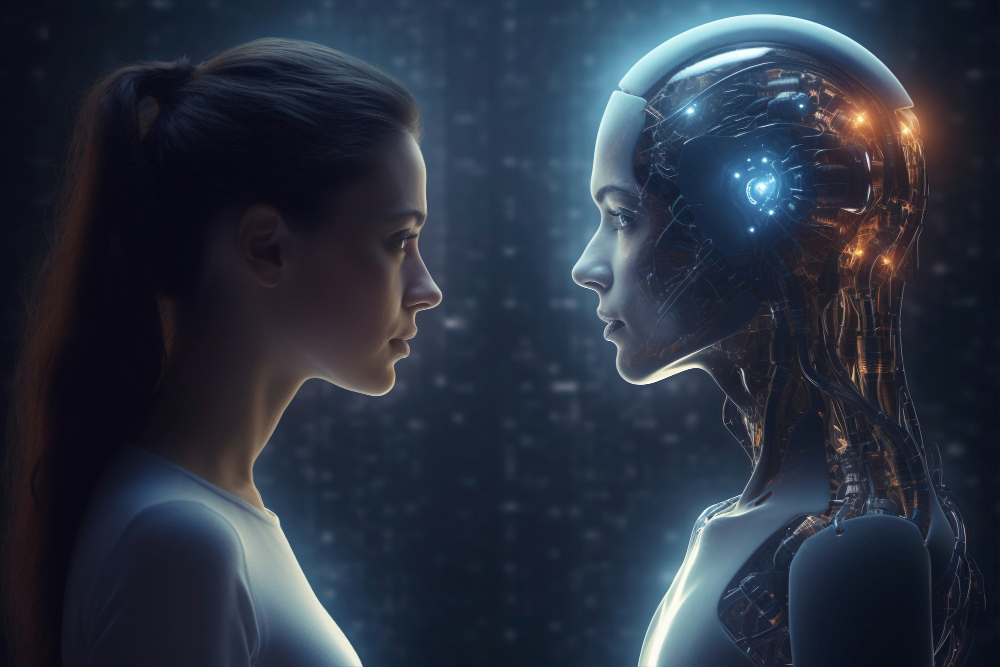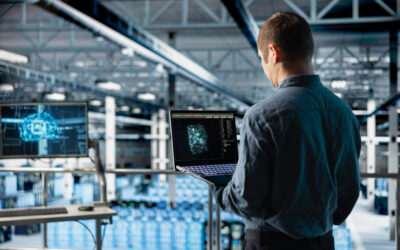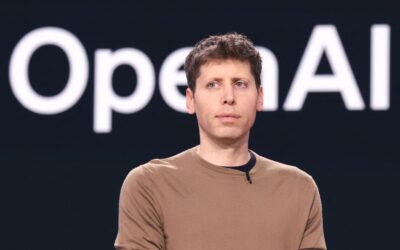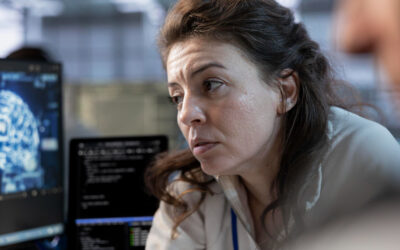From revolutionizing music with synthesizers to leading the development of artificial intelligence at Google, Raymond Kurzweil is a visionary who challenges the limits of what is possible. Inventor, futurist, author, computer scientist, and Director of Engineering at Google, Kurzweil has become a key figure at the intersection of technology and the future of humanity. This series of articles will explore in detail his life, his ideas, and his contributions, unraveling the mind of one of the most influential thinkers of our time.
Kurzweil’s trajectory is marked by an astonishing precocity and a multidisciplinary vision. From an early age, he demonstrated an exceptional talent for invention, creating his first computer program at the age of 12. His education at MIT (Massachusetts Institute of Technology) solidified his passion for technology, driving him to create inventions that would revolutionize various fields. Among his most outstanding creations are the flatbed scanner, which facilitated the digitization of documents; the Kurzweil voice synthesizer, which opened new possibilities for music and communication; and the optical character recognition (OCR) software, which enabled the conversion of printed text to digital format. These innovations not only demonstrated his inventive genius, but also laid the foundations for the development of technologies that we take for granted today.
Kurzweil is known primarily for his concept of the Technological Singularity, a hypothetical point in the future at which technological progress accelerates to such an extent that it becomes unpredictable, radically transforming human civilization. His predictions, often bold, range from human immortality thanks to advances in biotechnology and nanotechnology, to the fusion between human and artificial intelligence. In his influential book “The Singularity Is Near,” Kurzweil argues that this event could occur in the middle of the 21st century. Although some of his predictions have generated debate and skepticism, his vision of the future has stimulated reflection on the impact of technology on society and has driven research in fields such as artificial intelligence and biotechnology. His other books, such as “The Age of Spiritual Machines,” also explore the relationship between man and machine, anticipating a future where artificial intelligence plays a fundamental role.
Since 2012, Kurzweil has worked as Director of Engineering at Google, where he focuses his efforts on the development of artificial intelligence, especially in natural language processing. His work at Google is aimed at improving the ability of machines to understand and respond to human language, which has direct implications in projects such as Google Assistant and semantic search. His presence at Google not only allows him to continue developing his ideas, but also provides him with a platform to implement them on a large scale, bringing his predictions closer to reality. Raymond Kurzweil is much more than a prolific inventor; he is a visionary who has dedicated his life to exploring the possibilities of the future. His work, which spans from music and computer science to artificial intelligence and futurology, makes him a key figure in understanding the impact of technology on our society. Throughout the following articles, we will delve into the different aspects of his life and work, exploring his inventions, his books, his predictions, and his work at Google, offering a comprehensive view of this thinker who continues to shape the present while envisioning the future.






0 Comments